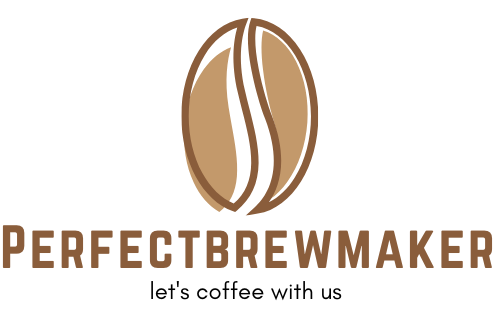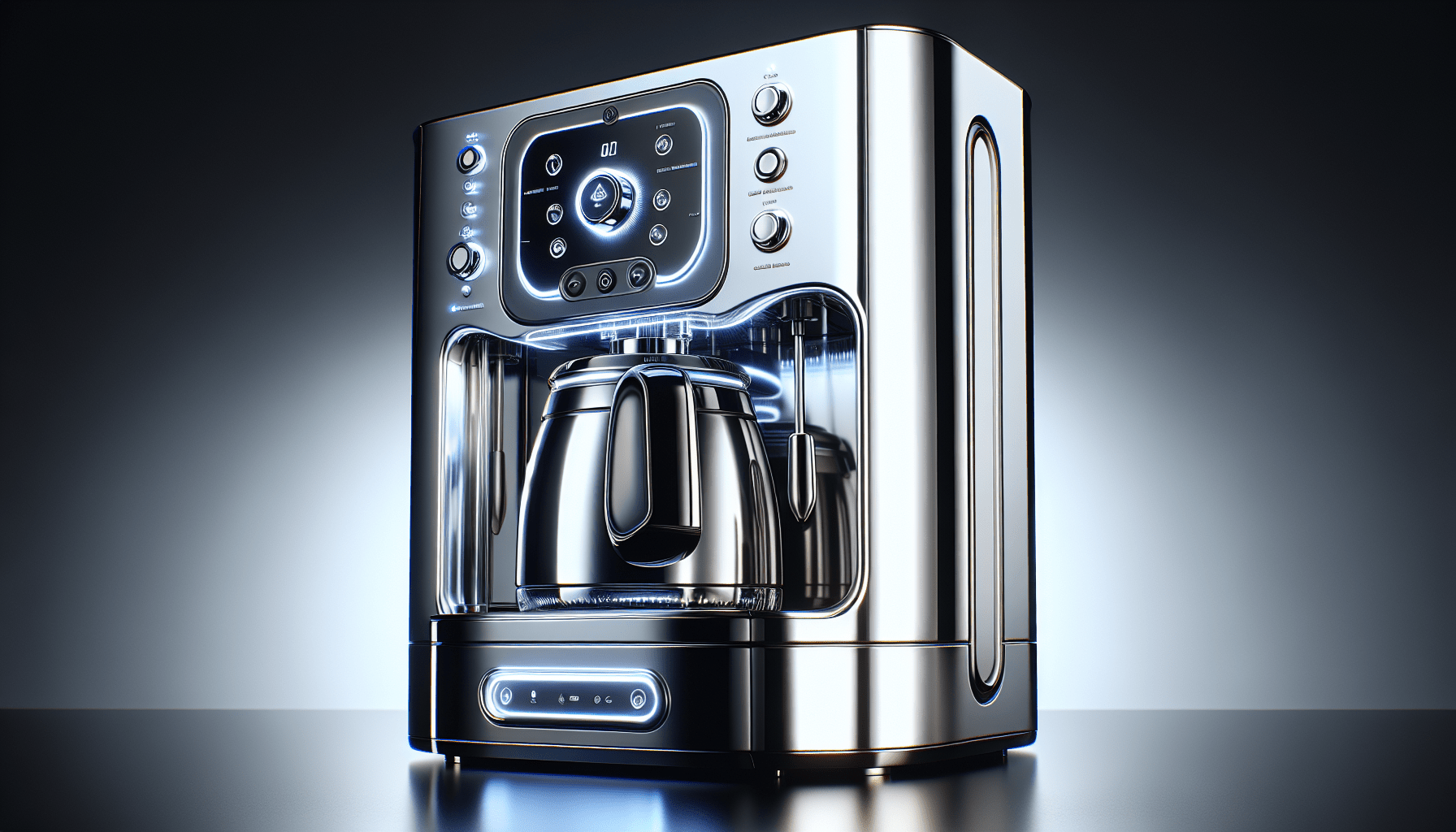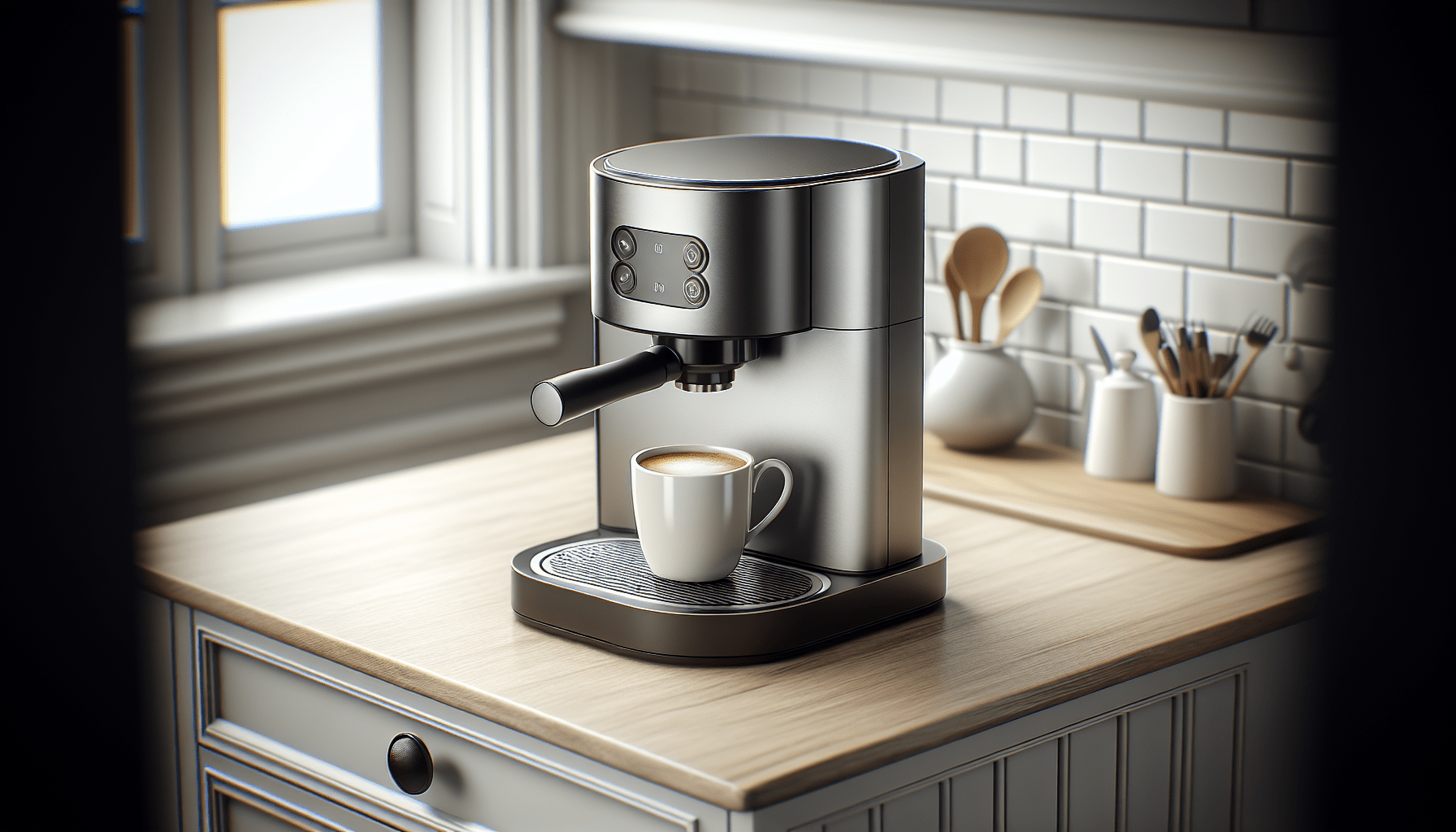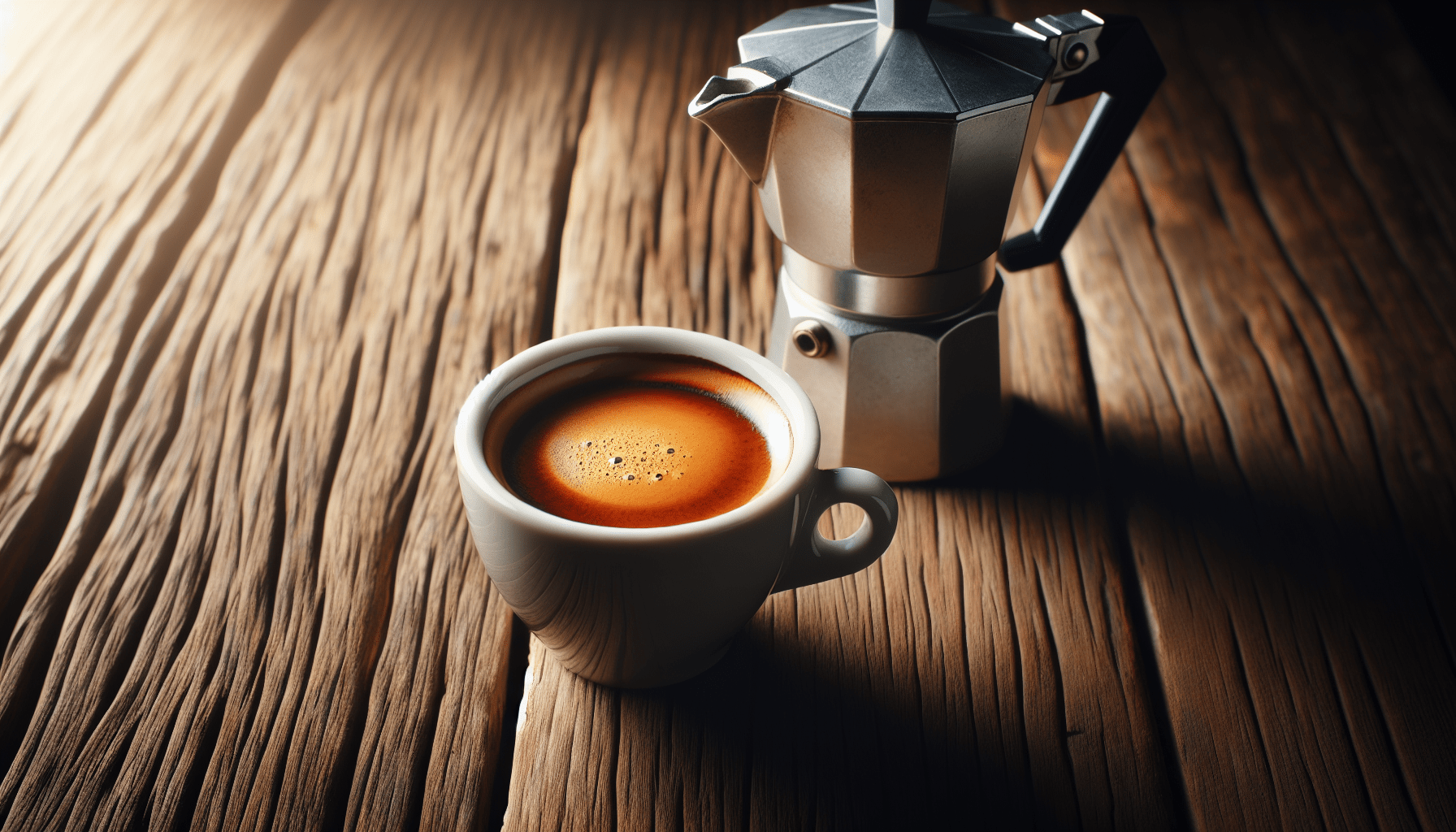So, you’ve got yourself a shiny new coffee maker and you’re eager to start brewing the perfect cup of joe. The question on your mind is whether or not you can use distilled water in this fancy machine of yours. Well, fear not, my friend! I’m here to answer that burning question and put your mind at ease. In this article, we’ll explore the ins and outs of using distilled water in your coffee maker, discussing the benefits and potential drawbacks. By the end, you’ll be armed with all the knowledge you need to enjoy a delicious cup of coffee without worrying about the water you use. Let’s dive right in!
What is distilled water?
Distilled water is a type of water that has been purified through a process called distillation. This process involves heating the water to create steam, and then condensing the steam back into a liquid. The goal of distillation is to remove impurities and minerals from the water, resulting in a pure and clean liquid.
The process of distillation
Distillation begins by boiling the water in a container. As the water evaporates, the steam is captured and collected. The steam then enters a cooling chamber, where it condenses back into a liquid state. This process separates the water from any impurities, such as minerals, chemicals, or contaminants. The end result is distilled water, which is free from most impurities and minerals typically found in tap water.
The purpose of water in a coffee maker
Water plays a crucial role in the coffee-making process. It not only extracts the flavor compounds from the coffee grounds but also impacts the performance and longevity of the coffee maker itself.
Effect on flavor
The quality of water used in a coffee maker can greatly influence the taste of the final brew. When brewing with distilled water, the absence of minerals can result in a cleaner and more pure flavor profile. Distilled water lacks the minerals that can sometimes impart undesirable flavors or affect the overall balance of the coffee. This allows the true characteristics of the coffee beans to shine through, providing a more enjoyable and flavorful cup of coffee.
Effect on the machine
In addition to affecting flavor, the type of water used in a coffee maker can also impact the machine’s performance and lifespan. Using distilled water can help prevent mineral buildup, which can occur when using tap water or water with high mineral content. This mineral buildup can clog the internal mechanisms of the coffee maker, resulting in decreased efficiency and potentially costly repairs. By using distilled water, you can minimize the risk of such issues and extend the lifespan of your machine.
Benefits of using distilled water in a coffee maker
There are several advantages to using distilled water in your coffee maker, especially when compared to other types of water.
Prevents mineral buildup
One of the primary benefits of using distilled water is that it helps prevent mineral buildup in your coffee maker. Tap water and water from other sources often contain minerals such as calcium and magnesium. Over time, these minerals can accumulate and form deposits, known as scale or limescale, inside the coffee maker. These deposits can clog the internal components, reducing performance and potentially causing damage. With distilled water, you can minimize the risk of mineral buildup and keep your coffee maker operating smoothly.
Improves taste
Another advantage of using distilled water is that it can enhance the flavor of your coffee. Without the presence of minerals, distilled water allows the true taste of the coffee to shine through. It provides a neutral base that doesn’t overpower or alter the natural flavors of the coffee beans. This can result in a cleaner, more balanced cup of coffee, allowing you to fully appreciate the nuances and subtleties of different coffee varieties.
Increases the lifespan of the machine
Using distilled water in your coffee maker can also help prolong its lifespan. As mentioned earlier, mineral buildup can lead to clogs and issues with the internal components of the machine. By minimizing the accumulation of scale, distilled water helps maintain the coffee maker’s functionality and efficiency. This can save you money on repairs or the need for a premature replacement, ensuring that you can continue enjoying your favorite morning brew for years to come.
Risks of using distilled water in a coffee maker
While there are many benefits to using distilled water, it’s important to consider some potential downsides as well.
Lack of minerals
One potential risk of using distilled water is the lack of minerals. Although minerals like calcium and magnesium can cause scale buildup, they also contribute to the overall taste and mouthfeel of the coffee. Some coffee enthusiasts believe that a small amount of minerals in the water can enhance the flavors and add complexity to the brew. If you prefer a cup of coffee with a rich and full-bodied profile, using distilled water may result in a slightly different taste experience.
Metal leaching
Another risk associated with using distilled water is the potential for metal leaching. Some coffee makers, particularly those made of certain materials such as aluminum, can have a reaction with distilled water over time. This can cause the release of metals into the water, which may have health implications. However, it’s worth noting that many modern coffee makers are made with materials that are safe for use with distilled water. If you have concerns about metal leaching, it’s best to consult the manufacturer’s guidelines or reach out to customer support for clarification.
Other types of water for coffee makers
While distilled water is a popular choice for coffee makers, there are other options available as well. Let’s explore three common alternatives:
Tap water
Tap water is the most readily available and convenient option for many people. However, the quality and composition of tap water can vary greatly depending on your location. Tap water may contain minerals, chemicals, or impurities that can impact the taste and performance of your coffee maker. If you choose to use tap water, it’s important to be aware of the potential for mineral buildup and consider using a water filter or descaling solution periodically to mitigate any issues.
Filtered water
Filtered water is a popular choice among coffee enthusiasts who want to strike a balance between taste and convenience. Water filters, such as those found in pitchers or faucet attachments, can help remove impurities and improve the overall quality of the water. While not as pure as distilled water, filtered water can still provide a noticeable improvement in both taste and the longevity of your coffee maker. It’s important to regularly change the filters according to the manufacturer’s instructions to ensure optimal performance.
Bottled spring water
Bottled spring water is another option worth considering for your coffee maker. Spring water typically undergoes a natural filtration process as it passes through layers of rock, which can result in a cleaner and more balanced mineral composition. Many bottled spring waters are also tested for quality and purity, providing you with a consistent and reliable source of water for your coffee brewing needs. However, it’s worth noting that the cost and environmental impact of relying solely on bottled water should also be taken into consideration.
How to use distilled water in a coffee maker
Using distilled water in your coffee maker is a straightforward process. Here are the key steps:
Preparing the water
- Start by ensuring that your coffee maker is clean and free from any residue or buildup.
- Fill the coffee maker’s water reservoir with the desired amount of distilled water. Be sure not to exceed the maximum fill line indicated by the manufacturer.
- If your coffee maker has a water filter, make sure it is properly installed and functioning.
- Close the water reservoir securely.
Brewing process
- Add the desired amount of coffee grounds to the filter basket of your coffee maker.
- Place the filter basket back into the coffee maker, ensuring it is properly aligned.
- Turn on the coffee maker and wait for the brewing cycle to complete.
- Enjoy your freshly brewed coffee!
Cleaning and maintenance
Proper cleaning and maintenance of your coffee maker are essential for ensuring optimal performance and prolonging its lifespan. Here are two important aspects to consider:
Regular cleaning
It’s important to regularly clean your coffee maker to remove any buildup or residue that may accumulate over time. Follow the manufacturer’s instructions for cleaning your specific model, but here are some general tips:
- After each use, rinse the removable parts, such as the filter basket and carafe, with warm soapy water.
- Every few weeks, run a cleaning cycle with a mixture of vinegar and water to descale the internal components. Follow the recommended ratios provided by the manufacturer.
- Once the cleaning cycle is complete, run a few cycles with fresh water to rinse away any remaining vinegar odor or taste.
Descaling
Descaling is an additional step specifically aimed at removing mineral buildup from the internal components of the coffee maker. This is particularly important if you are using tap water or water with a high mineral content. Here’s how to descale your coffee maker:
- Empty the water reservoir and remove any coffee grounds or filters.
- Prepare a descaling solution by following the instructions provided with the descaling product or using a mixture of equal parts water and white vinegar.
- Fill the water reservoir with the descaling solution.
- Start a brew cycle, allowing the solution to flow through the coffee maker.
- After the cycle is complete, empty the reservoir and rinse it thoroughly with fresh water.
- Run a few cycles with fresh water to ensure all traces of the descaling solution are removed.
Alternatives to distilling water
If you prefer not to use distilled water in your coffee maker, there are a couple of alternative methods you can consider:
Boiling water
Boiling water is a simple and effective way to help reduce impurities. Boiling can kill bacteria and remove some contaminants, but it does not remove minerals. While boiling water may improve the water’s cleanliness, it may still contain minerals that can contribute to scale buildup in your coffee maker. Additionally, boiling water can alter the oxygen content, which may impact the taste of your coffee.
Using a water filter
Utilizing a water filter is another option to consider. Water filters come in various forms, including pitchers, faucet attachments, or built-in filters within your coffee maker. These filters work by removing impurities, such as sediment, chlorine, or some minerals, from the water. Water filtered through these systems can provide a noticeable improvement in taste and help reduce the risk of scale buildup. However, keep in mind that water filters have a limited lifespan and will need regular replacement or maintenance to ensure optimal performance.
Opinions from coffee experts
Coffee experts have varying perspectives on the use of distilled water in coffee brewing. Some argue that distilled water’s lack of minerals allows the true flavors of the coffee beans to shine through, resulting in a purer and more enjoyable cup of coffee. They recommend experimenting with different water sources to find the ideal balance of minerals for your specific coffee preferences. Others suggest that a small amount of minerals in the water can enhance the body and complexity of the coffee. Ultimately, the choice of water depends on personal taste preferences and the characteristics you desire in your cup of Joe.
Conclusion
When deciding whether to use distilled water in your coffee maker, it’s important to consider the benefits, risks, and alternatives. Distilled water can prevent mineral buildup, improve the taste of your coffee, and increase the lifespan of your machine. However, it may lack minerals that contribute to a fuller-bodied coffee and may have the potential risk of metal leaching. Alternatives such as tap water, filtered water, or bottled spring water can offer different advantages and should be evaluated based on your specific preferences and circumstances. By following proper cleaning and maintenance practices, you can optimize the performance of your coffee maker regardless of the water source. Ultimately, the choice of water boils down to personal preference and the kind of coffee experience you seek. So go ahead, experiment, and enjoy the perfect cup of coffee with the water that suits your taste best.



